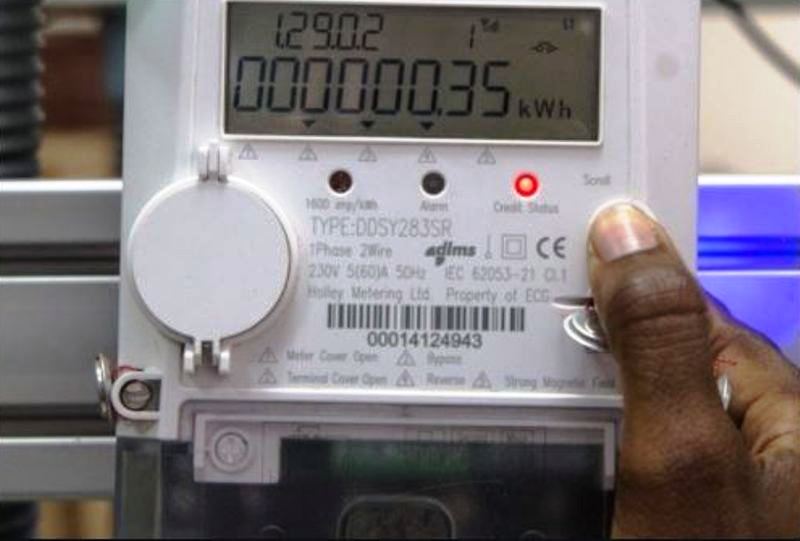The Nigerian Electricity Regulatory Commission (NERC) has clarified that it did not hike electricity tariff by over 50 per cent.
Rather, the NERC clarified that the rates for service bands A, B, C, D and E were only adjusted by NGN2.00 to NGN4.00 per kWhr.
NERC in a statement released by its spokesman, Micheal Faloseyi explained that the adjustment is to reflect the partial impact of inflation and movement in forex.
The electricity regulatory agency also stated that customers on service bands D and E were not affected by the adjustment.
The NERC statement reads: “The attention of the Commission has been drawn to publications in the print and electronic media misinforming electricity consumers that the Commission has approved a 50% increase in electricity tariffs.
“The Commission hereby state unequivocally that NO approval has been granted for a 50% tariff increase in the Tariff Order for electricity distribution companies which took effect on January 1, 2021.
“On the contrary, the tariff for customers on service bands D & E (customers being served less than an average of 12hrs of supply per day over a period of one month) remains frozen and subsidised in line with the policy direction of the FG.
“In compliance with the provisions of the EPSR Act and the nation’s tariff methodology for biannual minor review, the rates for service bands A, B, C, D and E have been adjusted by NGN2.00 to NGN4.00 per kWhr to reflect the partial impact of inflation & movement in forex.
“In the light of strong public interest on this matter, the media is hereby requested to retract their earlier publications misinforming electricity consumers nationwide about a purported 50% increase in electricity tariffs.
“The Commission remains committed to protecting electricity consumers from failure to deliver on committed service levels under the service-based tariff regime.
“Any customer that has been impacted by any rate increases beyond the above provision of the tariff Order should report to the Commission at customer.complaints@nerc.gov.ng.

